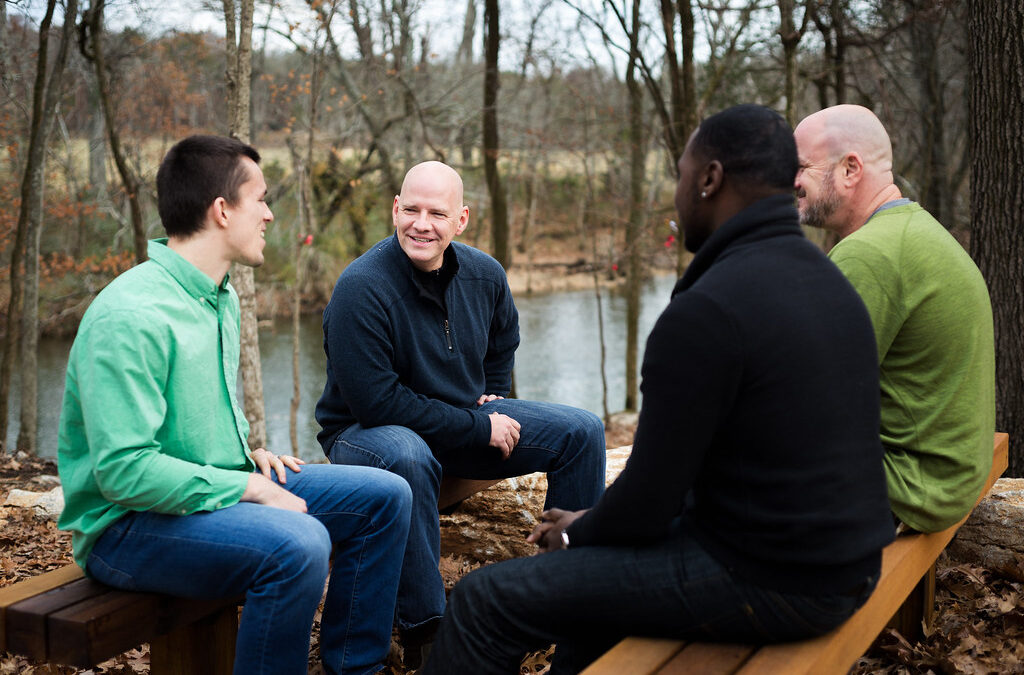In coastal and rural areas of Bangladesh, climate change has devastated crops, homes, and livelihoods, driving many families to seek desperate solutions. For many, child marriage has long felt like the only way to ease financial pressure- yet with community radio clubs, something is changing.
Once home to one of the highest rates of child marriage in the world, Bangladesh is now seeing promising signs of progress. Government initiatives, grassroots campaigns, and bold voices from the girls themselves are helping to turn the tide.
In districts like Bhola, where 80% of girls under 18 were once married off, awareness campaigns, local radio stations, and empowered educators are helping families choose education over early marriage.
“In the past few years, the shift in child marriage statistics has been incredible,” says Mohammad Kamaruzzaman, Programme Coordinator of the Bangladeshi NGO Network for Radio and Communication (BNNRC).
“Thanks to community radio clubs, hundreds of early marriages have been stopped, and girls are going back to school. Families are becoming more informed about their rights, support services, and alternatives to marrying off their daughters. We’re seeing a real transformation.”
Climate change drives child marriage by deepening poverty as disasters destroy homes, damage infrastructure, and wipe out livelihoods in communities reliant on farming and fishing, often leaving families feeling they have no other choice.
These community radio clubs aim to educate fishermen on sustainable practices during climate disasters to help safeguard their livelihoods and reduce reliance on child marriage as a financial coping strategy. They also promote educational opportunities for girls, vocational training for families, and access to financial support and business loans.
If you’re enjoying this story- try Africa’s conservationists on a greener future.
Sukmi Banerjee from Dhaka is a powerful example of the impact community radio clubs can have. After listening to a program on BNNRC, she persuaded her father to seek financial support alternatives instead of resorting to child marriage.
Now 15, Sukmi is training as a seamstress while continuing her education, supporting her family and securing a brighter future.
According to the latest government data, the national rate of child marriage for girls under 15 has dropped to 15.5%, down significantly from recent years. Though challenges remain, especially in climate-affected areas like Bhola, experts say the downward trend reflects growing public awareness and stronger community action.
“In the past, we only relied on laws,” says Mohammad Kamaruzzaman. “Now, we’re seeing a social movement. Girls are speaking out, communities are listening, and traditions are being questioned.”
A 2021 COAST Foundation study found that 50.9% of parents cited poverty as the main reason for early marriage, followed closely by concerns about family honor and insecurity. But with programs that link education, climate resilience, and women’s empowerment, these fears are slowly being replaced with new hope.
The change is visible not only in policies but in people like Mariam Begum, who was married at 15 after her family lost their home in a cyclone. Now a mother of two, she’s determined her children will have different futures. “If I had stayed in school, I would be in a different place. But I can still give that chance to my kids,” she says.
Projects supported by organizations like the Climate Justice Resilience Fund (CJRF) and Plan International are helping build this momentum. They’re supporting education, training young women, and launching community-based radio talk shows where girls share stories, ask questions, and learn their rights.
“Girls aren’t just victims,” says Mohammad Kamaruzzaman. “They are voices of change, and when they find their voice, the whole community begins to transform.”
As climate challenges persist, so does the courage of Bangladesh’s girls, proving that with the right support, even the most entrenched traditions can be transformed into new beginnings.



